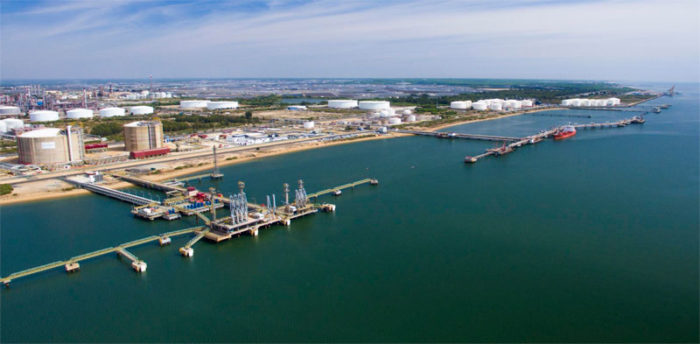The Spanish Port of Huelva renewed its EcoPorts’ environmental management standard (PERS) after obtaining it for the first time in 2016. Following this development, ESPO congratulated the Port for this achievement.
To receive PERS certification, ports need among others to improve communication with the local community and increase transparency by making their environmental report publicly available. It also means that the port is effectively monitoring the environmental challenges and is implementing an improved environmental management.
Relationship with the local community has been a great priority for European port authorities, being continuously on the Top-10 of the environmental priorities since 2009. Further enhancing and communicating their environmental policies and engaging citizens has been a driving force for ports and PERS contributes significantly to that end
ESPO’s Secretary General, Isabelle Ryckbost, stated.
[smlsubform prepend=”GET THE SAFETY4SEA IN YOUR INBOX!” showname=false emailtxt=”” emailholder=”Enter your email address” showsubmit=true submittxt=”Submit” jsthanks=false thankyou=”Thank you for subscribing to our mailing list”]
Ms. Ryckbost also congratulated the Port of Huelva for renewing its PERS certification, saying that ‘for a port, it is getting more and more important to be transparent about its environmental performance towards the local community.’
Until now, the number of ports that have received the environmental standard is going up with 34 out of the 114 EcoPorts members already PERS certified. EcoPorts allows its members to further improve their environmental performance and deal with challenges such as climate change, air quality and noise.
What is more, data submitted to EcoPorts enables ESPO to come up with an annual Environmental Report and port sector’s environmental benchmarks. This information is made publicly available, enabling local communities, policy makers, research and civil society to check the annual progress of the sector.
Lloyd’s Register is assessing compliance with the PERS standard and the certificate has a validity of two years. PERS is revised after a 2-year period to ensure that the port still meets the requirements.




























































